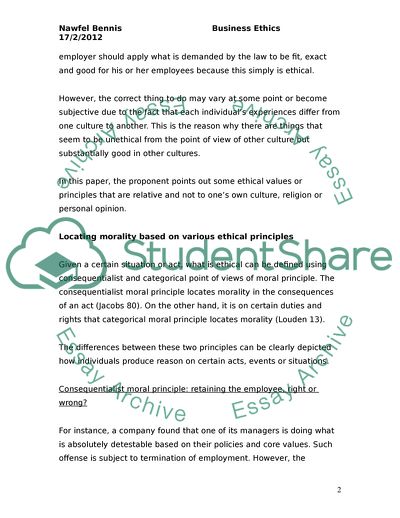Cite this document
(Fundamental Meaning of Ethics in Business Assignment, n.d.)
Fundamental Meaning of Ethics in Business Assignment. https://studentshare.org/ethics/1766106-business-ethics-end-of-term-essay
Fundamental Meaning of Ethics in Business Assignment. https://studentshare.org/ethics/1766106-business-ethics-end-of-term-essay
(Fundamental Meaning of Ethics in Business Assignment)
Fundamental Meaning of Ethics in Business Assignment. https://studentshare.org/ethics/1766106-business-ethics-end-of-term-essay.
Fundamental Meaning of Ethics in Business Assignment. https://studentshare.org/ethics/1766106-business-ethics-end-of-term-essay.
“Fundamental Meaning of Ethics in Business Assignment”. https://studentshare.org/ethics/1766106-business-ethics-end-of-term-essay.


